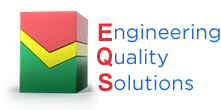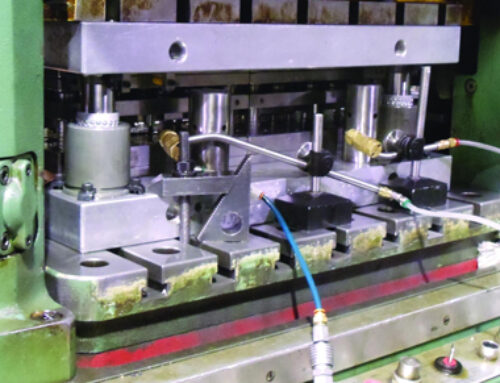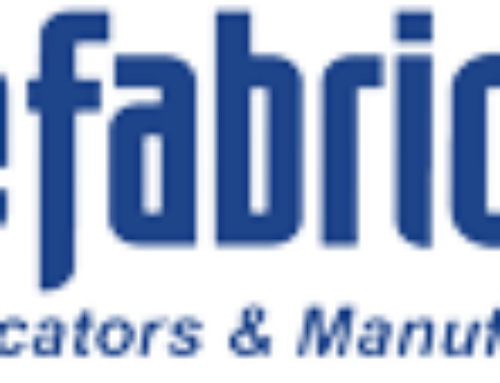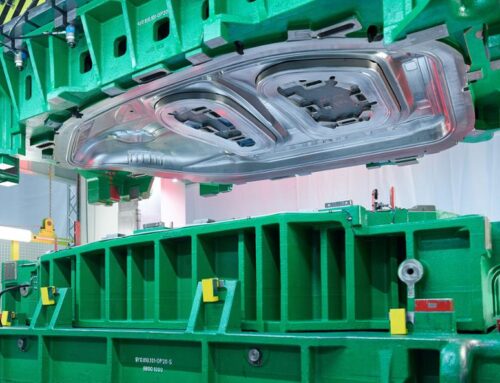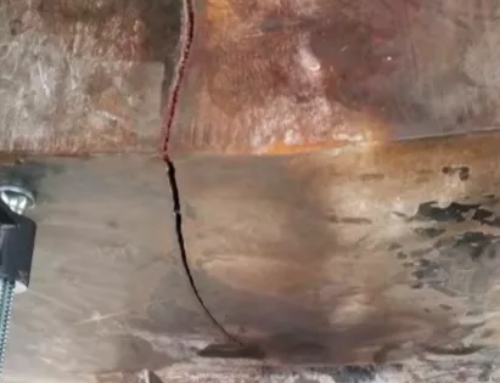Introduction / Summary
The type and depth of knowledge required to form sheet metal changed along with the industry. Experience is no longer the only measure of an employee’s capabilities. During the past 25 years, thousands of new grades of steel were introduced, aluminum components became more common, forming technologies evolved, and computer analysis began to supplement traditional processes. Gone are the days of only forming a handful of steel grades and employing expensive trial-and-error approaches to confirm manufacturability. Today’s metal forming professional needs to understand data analysis, sheet metal mechanical properties, chemistry, and effective communication to be successful.
Background / Problems
The business of forming sheet metal changed dramatically over the past few decades. Metal formers once formed only a handful of sheet metal grades – mostly mild steel. The technologies of forming were powerful, but fairly basic. We tested dies and designs by iteratively forming metal until we were comfortable that the die design and component geometry could work reliably on the plant floor. Your best tools to maintain a productive workforce were employee experience and transfer of experience to apprentices.
During the late 20th century, increased automation, computing tools, and a large variety of metals to choose from changed the knowledge requirements and technologies of manufacturing. The sheet metal forming industry, while a bit late at adopting new technologies, saw significant changes over the past 25 years. Alternative forming technologies, such as hydroforming and servo presses, are becoming more common.
Product manufacturers today require greater strength from components while reducing their mass. These requirements are intended to improve energy efficiency, automotive occupant safety, and product reliability. As a result, steel suppliers now offer thousands of product grades. OEMs are also migrating some components to aluminum.
Die tryout is supplemented by virtual simulation. All of these changes require managers to reassess how they hire and train their workforce. New hires should come in with a solid general education, including math skills, communication competence, and competence in information technologies.
New materials each come with their own properites and variability. Only the collection and analysis of property data can give us an increasingly accurate picture of the potential range of mechanical properties for a given grade. Then we can determine the appropriateness of that grade for our purposes and adjust our design and manufacturing activities to better use the properties.
Today’s metal forming organization must meet a number of workforce demands to keep pace with industry changes and continuously provide quality components. New hires should be competent with computing, have a solid foundation in mathematics, and be adaptable to change. Older employees often need to learn new skills and adapt to changes, themselves.
Solution
Since the 1970s, computing and automation has been a dominant force in manufacturing. Just as different skills were needed when industrial manufacturing replaced artisan shops during the late 19th and early 20th centuries, today’s manufacturing operation requires a very different set of skills than the plants of the mid 20th century.
Generally, employee capability is based on two things, technology-specific experience and general knowledge. Technology-specific experience includes the specialized job skills learned to support production. General knowledge includes the topics we learned in school. Among the most important general knowledge skills are literacy and numeracy.
Today’s science and math-based manufacturing environment requires employees have a solid educational foundation. Employees must be able to learn how to understand the the measure of sheet metal properties, operate automated equipment, understand diagnostic measurements, interpret information, and be able to articulate issues, opinions, and solutions. Employers must be confident that new hires have sufficient general knowledge to learn the science and technology of modern forming. Solid general knowledge also offers the employer a greater probability that employees will be able to adapt to changes in forming and material technologies.
Technology-specific experience is a continuing activity requiring employees to remain competent in their own profession. Employees must also remain aware of related technologies, material properties, innovations, and processes that impact their activities. Employers should develop employee training programs to maintain a sufficient and effective skill level for each employee.
4M Partners Supports your Continuing Education Needs
4M teaches professionals about the fundamentals along with the latest advances in sheet metal forming. We can help you design a training program to meet your needs both to resolve current issues and to plan for your forming future.
You can schedule training at our Metro Detroit facility or at your site.
Our website: www.learning4m.com
Phone: 1.612.STRAIN1
